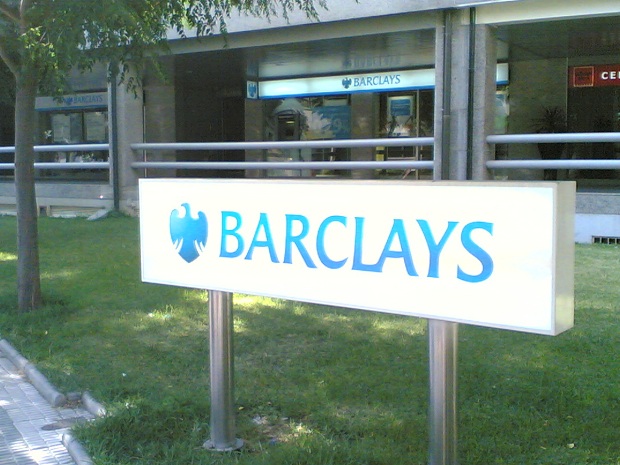Barclays brings Pingit mobile payment service to the enterprise
Banking firm extends Pingit capabilities to allow large businesses to transact with individuals.

Banking giant Barclays has expanded the functionality of its Pingit mobile payment app to enable large businesses to exchange transactions with individuals.
The new feature means businesses can now send instant payments to individuals using their mobile phone number, rather than relying on their bank account or credit card details.
Barclays claims to be the first bank in the UK to offer this kind of service, which can be used to send payments using any UK mobile phone number.
Recipients do not have to be pre-registered Pingit users to take advantage of the service, as a text message containing details about how to register to receive payments will be sent out to them.
Barclays has been quick to talk up the environmental and cost benefits for business of the system, claiming it will reduce processing time and reliance on paper-based resources.
Mike Walters, head of UK corporate payments at Barclays, said the functionality is being introduced in response to consumer demands for faster ways to make payments.
"Mobile payment provides a fast and secure way to do this without the need for consumers to disclose their account number," said Walters.
Get the ITPro daily newsletter
Sign up today and you will receive a free copy of our Future Focus 2025 report - the leading guidance on AI, cybersecurity and other IT challenges as per 700+ senior executives
"For businesses it is becoming increasingly important to consider the use of mobile payments as part of their overall business strategy, reducing costly cheque use and improving the experience for their customers."
Barclays launched its free Pingit smartphone app in February 2012 to allow users to transfer money to other current accounts via their mobile phone numbers.
-
 Bigger salaries, more burnout: Is the CISO role in crisis?
Bigger salaries, more burnout: Is the CISO role in crisis?In-depth CISOs are more stressed than ever before – but why is this and what can be done?
By Kate O'Flaherty Published
-
 Cheap cyber crime kits can be bought on the dark web for less than $25
Cheap cyber crime kits can be bought on the dark web for less than $25News Research from NordVPN shows phishing kits are now widely available on the dark web and via messaging apps like Telegram, and are often selling for less than $25.
By Emma Woollacott Published